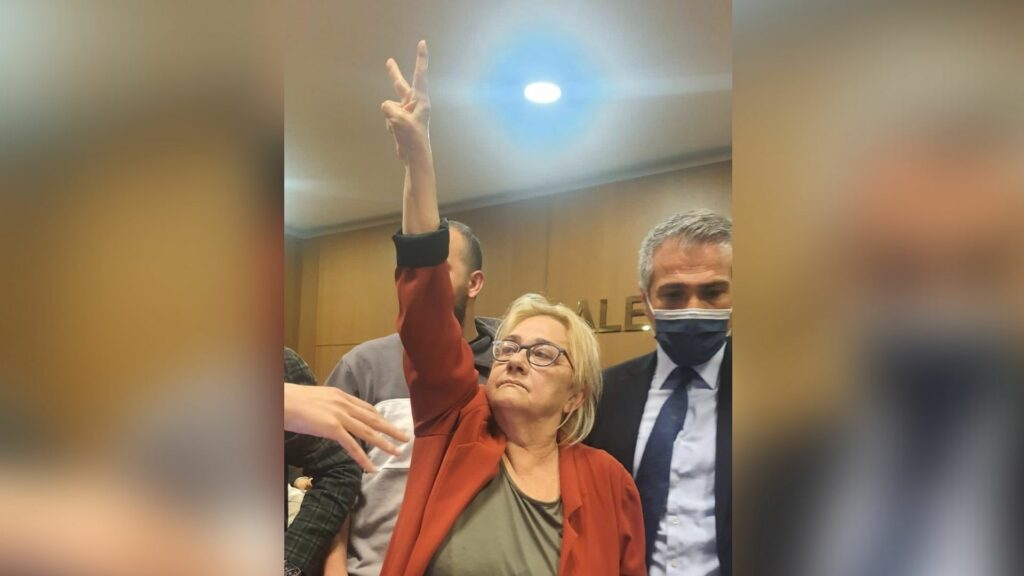An İstanbul court has lifted judicial probation measures imposed on three defendants in the Gezi Park trial in line with a ruling from the country’s top appeals court last year that overturned their sentences, the Bianet news website reported.
The Supreme Court of Appeals last September upheld the convictions of five defendants including prominent businessman and civil society leader Osman Kavala in the Gezi Park trial, while it overturned the convictions of Ali Hakan Altınay, Yiğit Ali Ekmekçi and Ayşe Mücella Yapıcı, who were subsequently released from prison.
The retrial of Altınay, Ekmekçi and Yapıcı, who had been given 18-year prison sentences in the initial trial, began at the İstanbul 13th High Criminal Court on Wednesday.
The court decided to comply with the top court’s decision and hold a retrial and lifted the travel ban imposed on the three defendants, who were not in attendance and were represented by their lawyers.
During Wednesday’s hearing the court also decided to ask the İstanbul Police Department to find out if there is video footage from CCTV cameras showing the defendants during the Gezi Park protests. The İstanbul court also wanted to know whether the three defendants face charges of violating the Law No. 2911 on Meetings and Demonstrations in a separate investigation.
The lawyers for the three defendants asked for the acquittal of their clients, saying there is not even single piece of evidence showing their involvement in a crime.
The trial was adjourned until May 22.
The İstanbul 13th High Criminal Court in April 2022 sentenced Kavala to life in prison and the seven other co-defendants to 18 years each on charges related to the anti-government Gezi Park protests of 2013.
They were convicted of attempting to overthrow the government for their alleged role in the protests, which began over an urban development plan in central Istanbul and spread to other cities in Turkey.
The ruling sparked international condemnation as well as protests across Turkey for being politically motivated.
Critics say the government is trying to penalize the right to free assembly by punishing prominent figures who took part in the protests and supported them. The government saw the protests as a “coup” attempt against it.
The 2013 Gezi Park demonstrations, which took place in reaction to the Justice and Development Party (AKP) government’s attempt to destroy one of the few green spaces left in İstanbul, quickly turned into a nationwide protest against the authoritarian policies of then-prime minister and current president Recep Tayyip Erdoğan. Eleven protestors died and thousands more were injured as they were brutally suppressed by the police on Erdoğan’s instructions.
Turkey has refused to release Kavala despite a 2019 European Court of Human Rights ruling that found his detention was in pursuance of an “ulterior motive,” that of silencing him as a human rights defender. The non-implementation of the ruling prompted the Council of Europe’s (CoE) Committee of Ministers to launch an infringement procedure against Turkey in February 2022, which is still ongoing.



